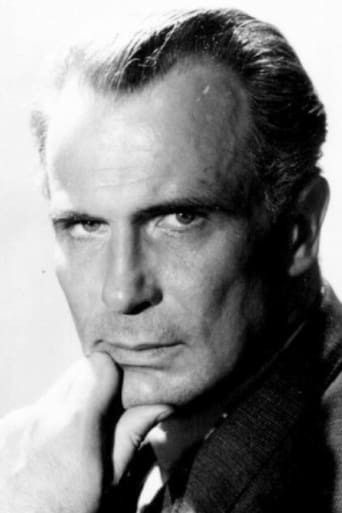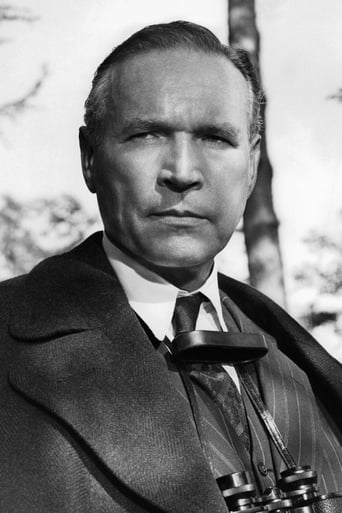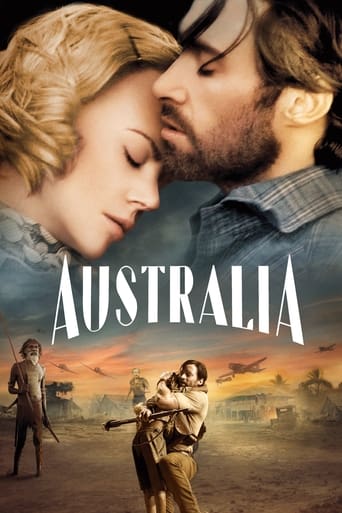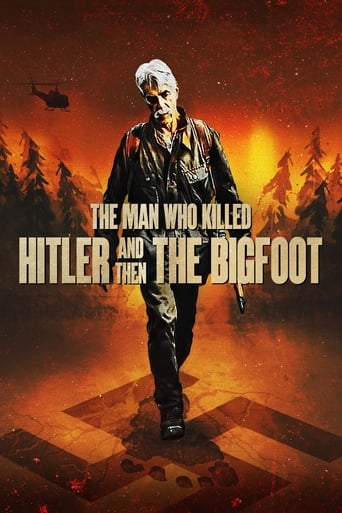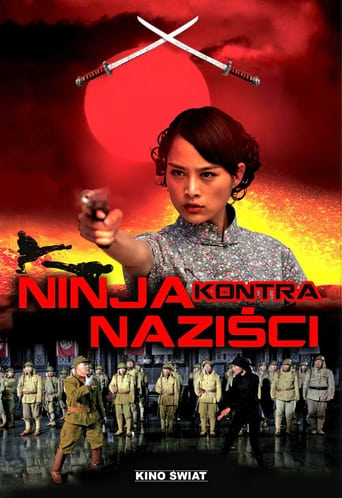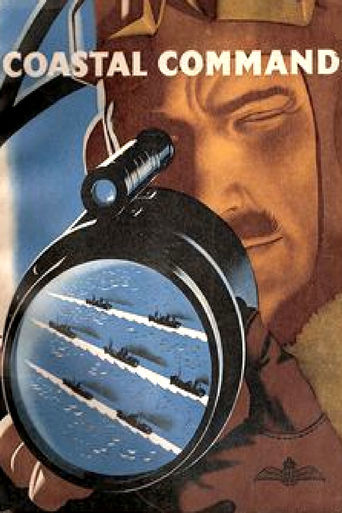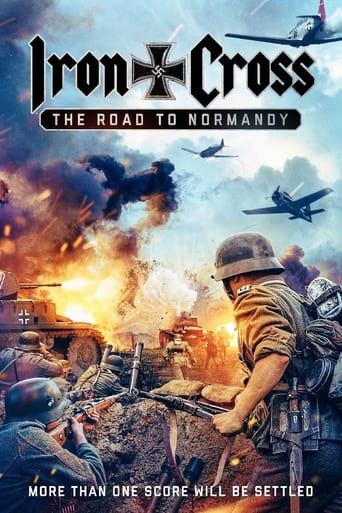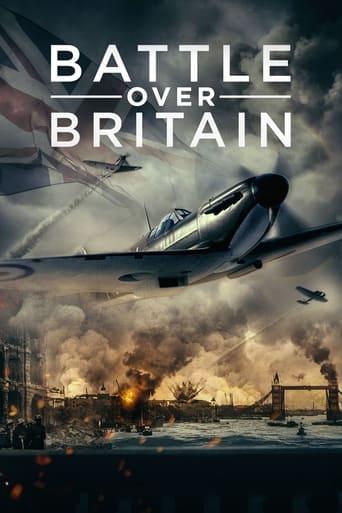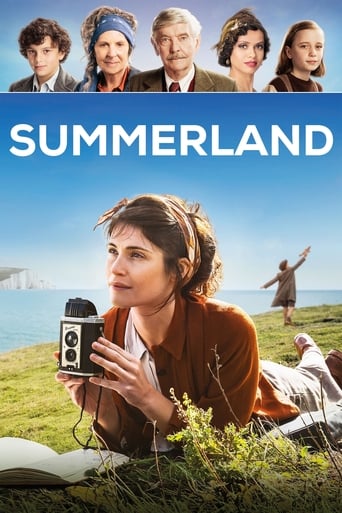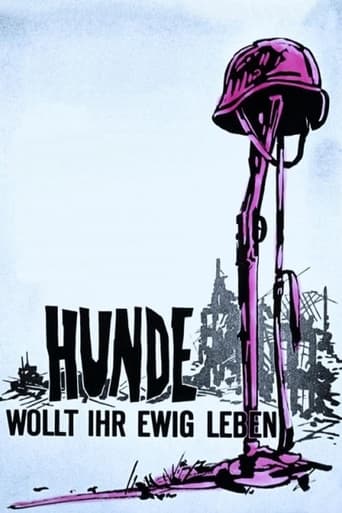
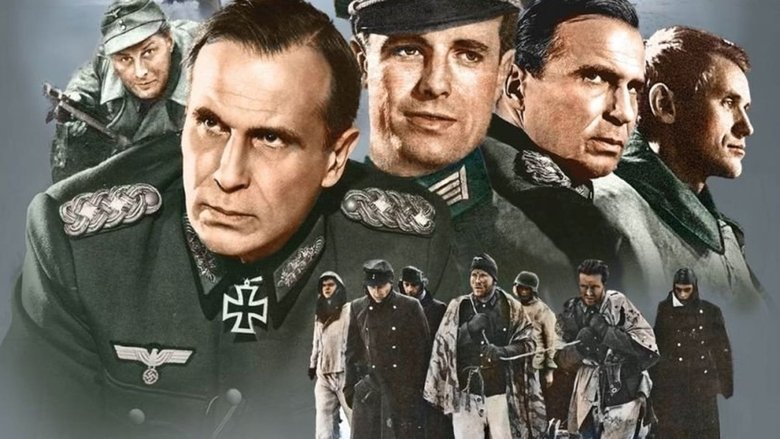
Stalingrad: Dogs, Do You Want to Live Forever? (1959)
In the winter of 1943, against the background of battle scenes, a young German Lieutenant who increasingly distrusts the inhuman Nazi ideology struggles with the concept of war.
Watch Trailer
Cast


Similar titles
Reviews
Hunde, wollt ihr ewig leben (Dogs, do you want to live forever?) Is directed by Frank Wisbar and adapted to screenplay by Wisbar, Frank Dimen and Heinz Schröter from the Fritz Wöss novel. It stars Joachim Hansen, Wilhelm Borchert, Wolfgang Preiss and Carl Lange. Music is by Herbert Windt and cinematography by Helmut Ashley. It was a hell hole pocket. A little cracker jack of a war movie, coming at things from a German's point of view during the Battle of Stalingrad. Through the eyes of our protagonist we come to be part of his disillusionment with the Nazi ways, we witness cowardly majors and obstinate leaders who left the German troops and their allies ill equipped to fight the battle. A bitter Xmas present. As Hermann Göring preaches from his pulpit, many miles away from the battle, he's celebrating the 10th anniversary of The Third Reich, all while Stalingrad burns and his army lie dying or limbless in a makeshift grungy hospital. The impact is enough to sicken you to your stomach. Away from the anti-war thematic thrusts of the narrative, battle scenes are niftily constructed (though some of the spliced footage is incorrect to this battle). While the monochrome photography is in turns gorgeous and then potent to the horrors of war. Splendidly performed by the principals as well.As has been noted by others who have reviewed this little seen film, the subtitles are poor. Too fast to read sometimes while any language not in German (Eastern Europeans) isn't catered for. A shame, but in the wake of what a very good film this is, it's a small price to pay. 8/10
Hunde, wollt ihr ewig leben – Dogs: Do you want to live Forever -1959This German war film made just 14 years after the end of World War Two, deals with the Battle of Stalingrad.A German 1st Lieutenant is sent out to be a liaison officer for German intelligence to a Romanian Division, stationed just outside Stalingrad. He quickly learns than the Germans are ignoring reports of a Soviet Army build up in the area. It looks like a major counter-attack is on the way.Of course this happens and the Soviets smash their way through and cut off the German 6th Army and several Romanian units. Instead of breaking out of the trap, the Army stays in place. The Luftwaffe has promised to keep the 250,000 plus men supplied by air. Of course this fails to happen with the weather, Soviet flak etc interfering with deliveries. The Army is slowly starving to death.The film follows the 1st Lieutenant and several of his men has they are drawn into the battle for survival. Their enemy is not just the Russians, but the weather, lack of food and ammo, and the bad decisions of their own High Command.The film features quite a few well done battle scenes among the ruins, as the Lieutenant and his men are killed off one by one. There is also plenty of German and Soviet newsreel footage that is blended into the battle scenes. They likewise use quite a lot of actual vehicles, and weapons from the era, which helps the look of the film.It is well worth hunting this rather unseen war film up, if you are a war film buff.The cast includes, Joachim Hansen, Carl Lange, Horst Frank, Peter Carsten, Richard Munch and Wolfgang Preiss.The director is Frank Wisbar. Wisbar had scored with another German war film in 1957, called, SHARKS AND LITTLE FISH. This one is about the German Navy in WW2. This earlier film starred several of the same cast members.
Made soon after the few survivors of Stalingrad returned home, wounds were still fresh & deep when this film was released just 14 years after the unconditional surrender. This film is important because was one of the first German post-war films to critically examine some very difficult & painful areas for the Germans. Interestingly we never see Hitler's face - I'm sure there are a few reasons for that. The film addresses the lie that the Allies of Germany, Rumania (and Italy et al for that matter) were poor troops. They were good soldiers but were indeed poorly equipped & supported.There have been criticisms for mis-matching of stock footage, incorrect tanks (T-34/86 instead of T-34/76) & subtitling. Most of this is minor, for example mistaking "Oberst-Leutenant" (Lt-Col) for "Oberleutenant" (Snr Lt) and mis-spelling General Hoth's name (as "Hooth"). The translating of "break-out" as "break ranks" is trivial. The actual footage spliced in may be of different battles but given the time & place this was made it seems a reasonable thing to do. In the end, getting squashed by a Russian tank or disintegrated by high explosive shells is much the same experience wherever you do it.No, 14 years was not long enough for a deep introspection but this film made a solid start down that path. Well worth seeing. Look out for the exceedingly & implausibly beautiful Sonja Ziemann.
This refers to the English subtitled release of this film.This film deals with a tragic defeat and the destruction of the 6th Army at Stalingrad. It was produced shortly after the German POWs taken at Stalingrad had returned home, so had to deal with a critical and knowledgeable audience. It also walked a tightrope, delivering an anti-war message and condemning German leadership in a country which was sick unto death of finger pointing and criticism.The events in the film take place over more than four months. In order to tell the story coherently, the film shifts focus from narrative to vignette. As the story nears its end, the focus narrows and remains with the troops trapped in Stalingrad, starving and written off by Hitler. All in all, it is well told and the acting is quite good.On the downside, whoever did the subtitles could have done a better job. I speak German and seeing the subtitles while hearing the dialog and knowing a bit of the history created a bit of a dissonance. General Hoth's name is repeatedly written "Hooth", breakout (as in a breakout from the encirclement) is translated as "Breaking ranks," OberLeutnant (1st Lieutenant) is written as "Lieut. Col.", and when von Paulus uses the word Meuterie (Mutiny), it is translated as disobedience. I suspect that those who are familiar with the history of the battle for Stalingrad and military ranks, but who don't speak German, may have a bit of a problem. these problems with the subtitles led me to give this movie 4 instead of 5 stars.Still, the story is well told and survives the translator's bludgeon. I was left wanting a bit more. Few films these days manage that.



